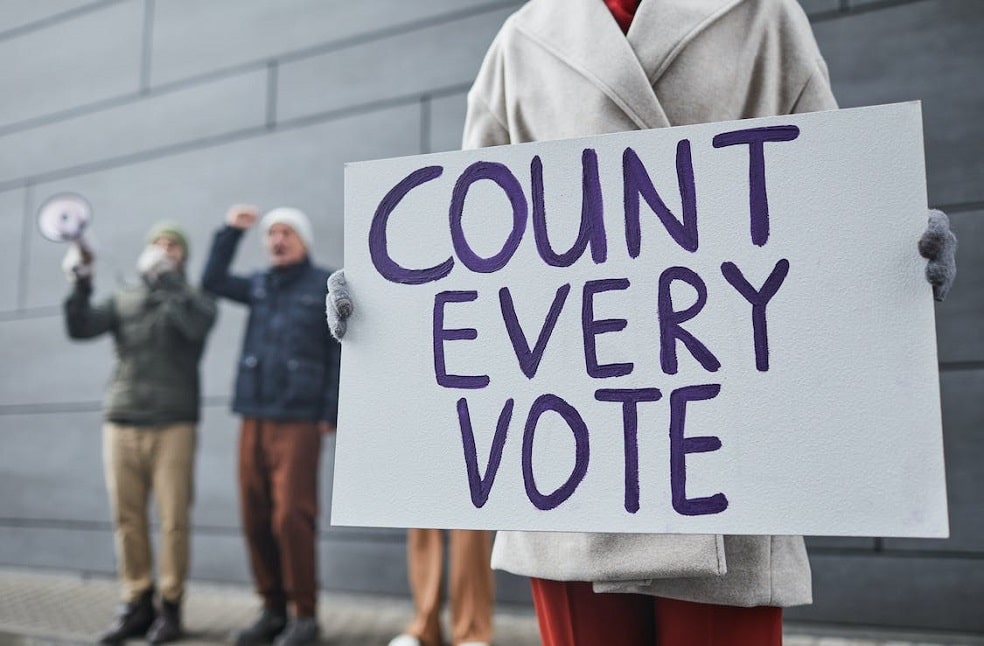Wellington, New Zealand: The Supreme court of New Zealand has ruled that the country’s present voting age of 18 is discriminating, compelling the Parliament to consider lowering it.
The Court found that the current voting age of 18 is contradictory with the country’s Bill of Rights, which allows individuals freedom from age discrimination once they reach the age of 16.
The advocacy group Make It 16 took up the case which has been in court since 2020 and seeks to lower the age to include 16 and 17-year-olds.

This is history. The government and parliament cannot ignore such a clear legal and moral message. They must let us vote.
Ms. Caeden Tipler, Make It 16 co-director, declared.
The decision does not automatically ensure that the right to vote will be extended. But it does indicate that parliament is presently violating the fundamental human rights of younger voters and compels legislators to consider a change.
New Zealand Prime Minister Jacinda Ardern declared that the government would draft legislation to lower the age to 16, which could then be put to a vote in parliament.
“I personally support a decrease in the voting age but it is not a matter simply for me or even the government, any change in electoral law of this nature requires 75 percent of parliamentarian support,” the Prime Minister added.

The ruling Labour Party has not declared a position on reducing the voting age. The Green Party and Māori Party have stated that they would support it, and the Act Party has announced that they will oppose it.
Only a few nations, including Brazil, Cuba, Austria, and Malta, allow people under the age of 18 to cast votes. In Scotland, 16-year-olds can vote in Scottish parliamentary elections, but not the UK general elections.
In recent years, international initiatives to decrease the voting age have gained momentum, with many advocates claiming that young people should have a voice in long-term democratic choices since they will have to live with the consequences.



